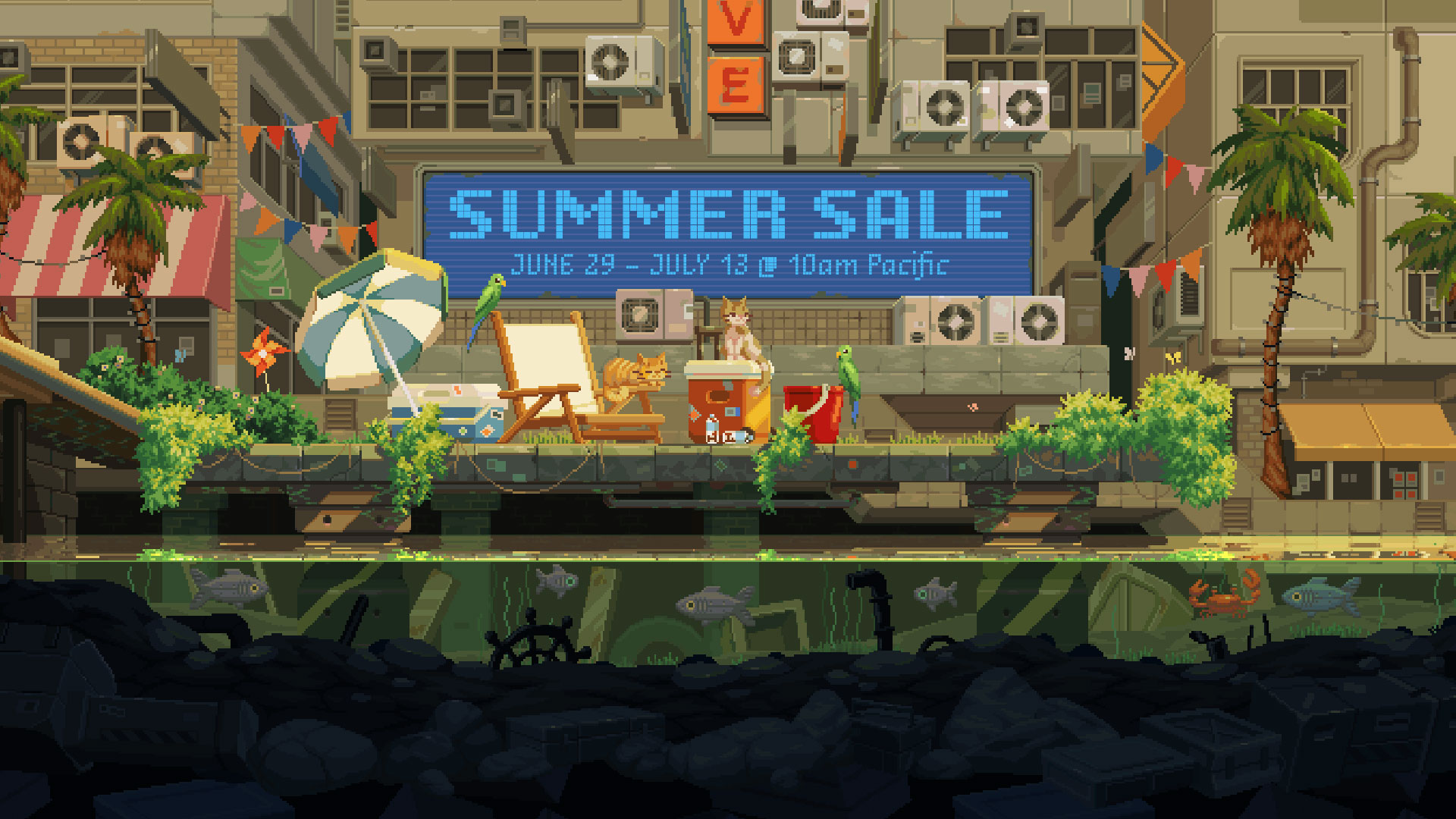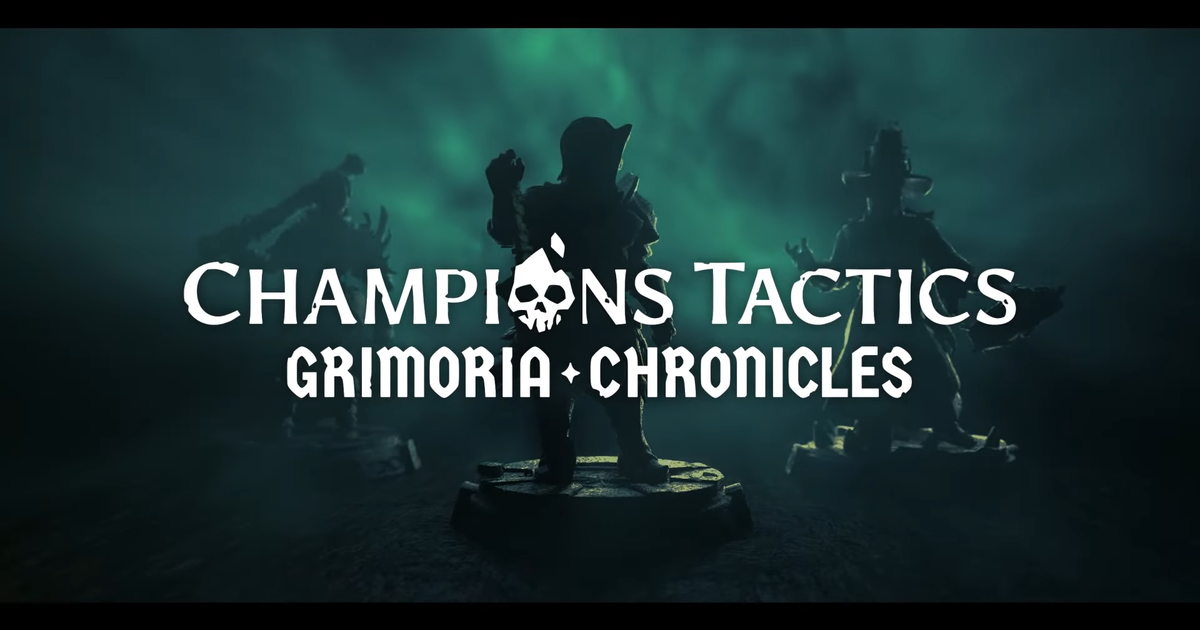deleted by creator
- 10 Posts
- 36 Comments
He didn’t. He did respond to it though: https://www.gnu.org/gnu/incorrect-quotation.en.html
Why does this quiz have so many fuckin distributions? If a newbie is looking for a distro to install, why would you ever recommend anything more niche than Ubuntu/Mint, or Endeavour if they’re interested in bleeding edge? I answered the questions as though I was new to Linux and got a massive list of every Ubuntu and Fedora derivative, with Manjaro sprinkled in for good measure.

 3·1 year ago
3·1 year agoTree Style Tabs forever, baby! Simple vertical tab bars can’t even hope to compete.

 13·1 year ago
13·1 year agoI suppose I’d prefer if short games weren’t overly expensive, but I never liked the hours per dollar thing. I don’t like replaying games. I’d rather buy six two-hour indie games for ten dollars each and have each one be at least somewhat unique and engaging, than spend 60 on a sprawling hundred hour AAA game filled mostly with repetition and busywork. Life’s too short for that, you know?

 18·1 year ago
18·1 year agoEh, to be honest, manpages aren’t particularly good as either documentation or quick references (hence the popularity of tldr), and info is intended primarily for the sort of long-form, comprehensive documentation that would be awkward to fit in a manpage. Also, texinfo documents can easily be exported to HTML, so one format can be used for both online and offline docs. It’s an admirable effort, if nothing else.

 11·1 year ago
11·1 year agoman is standard Unix manual pages, while info is a documentation format introduced/popularised by GNU. info pages usually have a lot more information (sometimes including tutorials, guided examples, links to different pages and sections, etc (depending on the project maintainer obviously)) but man pages are the standard and basically everything has one. If you run
info [program]for something without a dedicated info page, it will show the man page instead.

 5·1 year ago
5·1 year ago“KDE Gear” is just the umbrella name for KDE programs: Dolphin is KDE Gear, Kdenlive is KDE Gear, etc. So, yes, it is being fixed directly in KDE code, and this is the announcement for the release of a bunch of these programs at the same time.
The article actually addresses this, but I feel “indie games bubble” is simply too broad a term. Is there a medium-high budget indie game bubble? Maybe. But can indie games in general even have a bubble? Fuckloads of indie games are passion projects, or made from crowdfunding money, or otherwise not based around the idea that they have to be the “product” of a sustainable business, making the whole idea of a “bubble” pointless. If the bubble pops, will itch indies stop making games? Will passionate solo devs languishing at double digit Steam review numbers stop releasing games? I don’t think they will.

 41·1 year ago
41·1 year agoNope, because Hurd is created by the GNU project. Linux is entirely independent.

 32·1 year ago
32·1 year agoI feel like I’ve heard this “it’s different this time guys, we swear” spiel about every Ubisoft game in the past five years. Hard to believe or care at this point.

 82·1 year ago
82·1 year agobash with ble.sh! I’m a former fish user, and ble.sh replicates all of fish’s quality of life improvements (that I used, at least) and then some, all with a single
sourcecommand in my .bashrc. And it’s still bash at the end of the day, so online resources to tweak and modify it all still work.
Gmod and SFM shitposts have been around for years. This really isn’t any different.

 4·1 year ago
4·1 year agoI love when games use as few invisible walls as possible, and don’t stop you from exploring weird places or even out of bounds. There doesn’t even have to be a reward, just the feeling of getting somewhere where you’re not supposed to be is enough. Ultrakill and Anodyne 2 both do this really well.
I also love rich, responsive, low-restriction movement mechanics, which kinda ties in with the first point. I love when games let me chain all sorts of moves together for wild bullshit midair acrobatics, zipping and bouncing and flinging myself all over the place constantly. Good examples are Ultrakill, Pseudoregalia, Sally Can’t Sleep, and Cruelty Squad. On the flipside, Demon Turf is a game I hated and dropped quickly because of how artificially and pointlessly limited the movement felt.
Hot take, but I actually love well implemented radial menus on PC. When games bother to reset your cursor to the centre of the circle you can just quickly flick the mouse in a certain direction to make your selection, which is faster than most other mouse menus and a lot more comfortable than trying to reach for the 9 key.

 11·1 year ago
11·1 year agoOut of interest, what platformers are you referencing here? I can’t think of any that are that punishing.

 12·1 year ago
12·1 year agoThis might sound weird, but are you actually engaged with what you’re playing? Maybe you need to find some higher intensity games to keep your attention.











Seconding vim as the universal Unix/Linux editor. It takes a while to become a real vim pro, but learning basic usage is very helpful. Escape to switch to normal mode (where letters trigger functions instead of just typing), i to switch to input mode, : in normal mode to enter commands, :wq to save and quit, :q! to exit without saving - that alone should be enough to cover a lot of basic use cases. If you ever want to learn more, there are plenty of tutorials online.